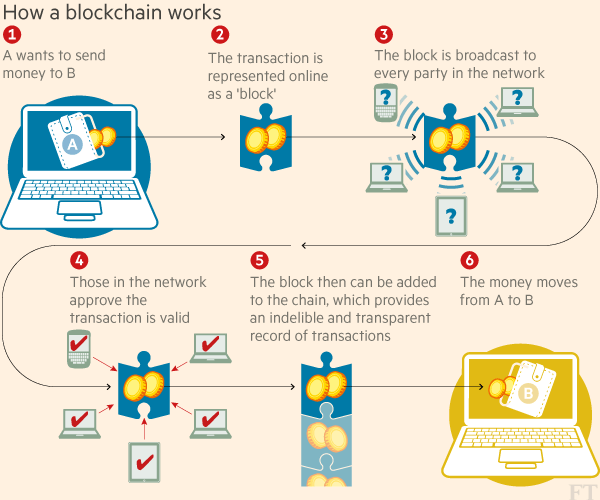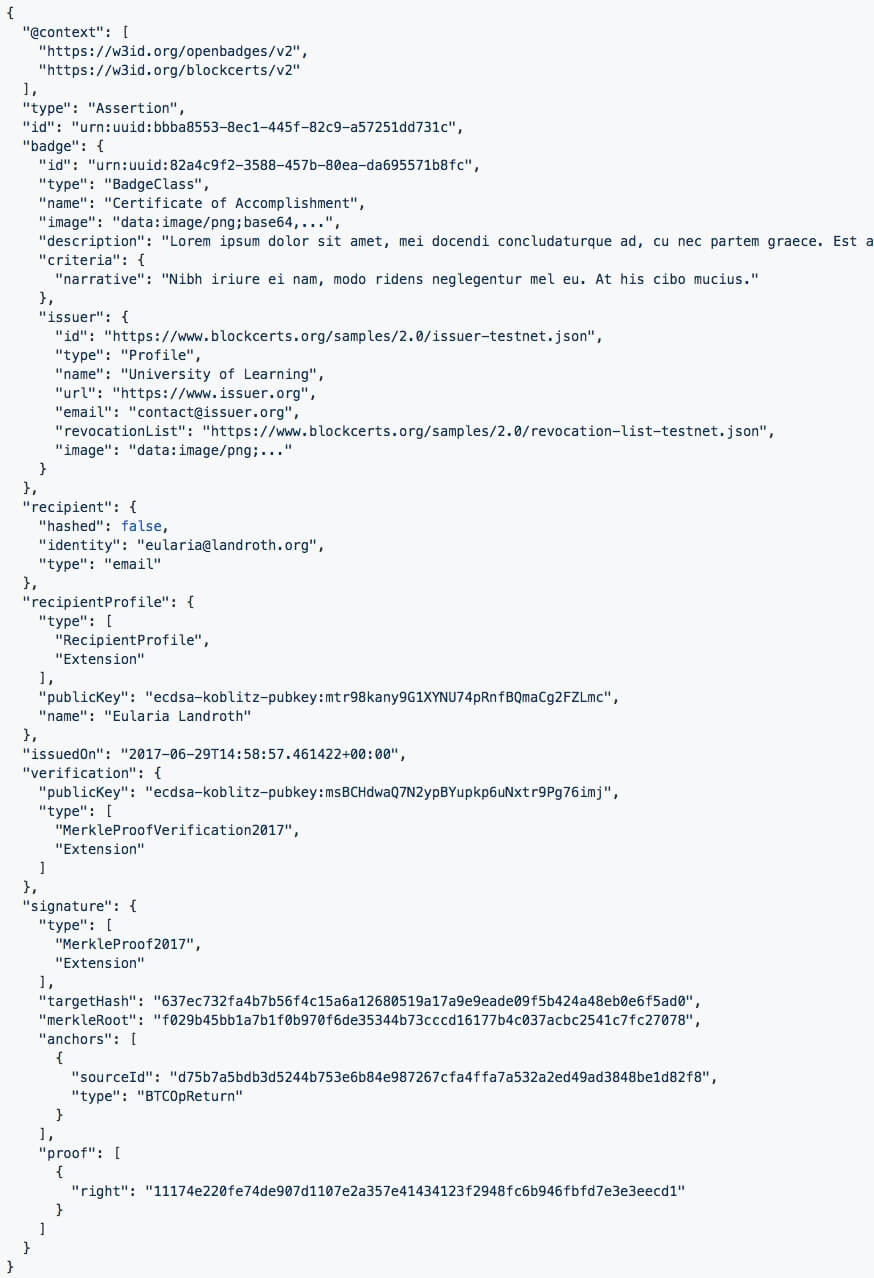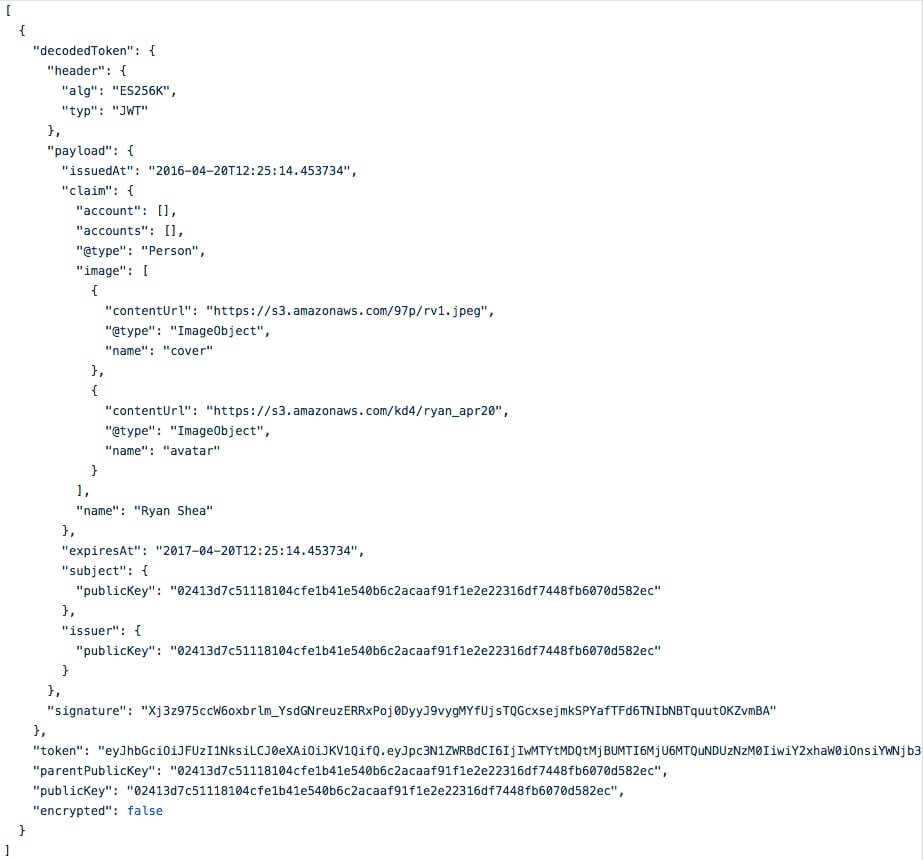How blockchain will impact search marketing
Maybe you've heard of blockchain, but why should you care? Contributor Tony Edward describes the dramatic impact the technology could have on digital marketing and advertising.
 If you’ve heard of Bitcoin then you most likely have heard of blockchain, the technology that enables Bitcoin and other cryptocurrencies to exist and function. The technology is forecast to disrupt many industries as it allows users to conduct transactions without a middleman in a secure and transparent format.
If you’ve heard of Bitcoin then you most likely have heard of blockchain, the technology that enables Bitcoin and other cryptocurrencies to exist and function. The technology is forecast to disrupt many industries as it allows users to conduct transactions without a middleman in a secure and transparent format.
Some of the industries that can potentially be disrupted are car sales, voting, ridesharing, real estate, insurance, sports management, loyalty cards and gun tracking. While the search marketing industry is not as mainstream as the aforementioned industries, it can also be potentially disrupted by blockchain.
Now, before we go any further, this article is not about Bitcoin or other cryptocurrencies. However, if Bitcoin is adopted by large companies such as Amazon or Walmart, it will certainly have an impact on the future of payments between search marketing agencies, website owners, advertisers and others. Contract agreements will also be impacted, as the blockchain could be leveraged for more transparency and accuracy.
What is blockchain
Here is a great definition of blockchain offered by Don and Alex Tapscott, authors of a 2016 book called “Blockchain Revolution”:
The blockchain is an incorruptible digital ledger of economic transactions that can be programmed to record not just financial transactions but virtually everything of value.
Image courtesy of weforum.org
In layman’s terms, it’s like a Google Doc spreadsheet that is shared with the public which displays transactions and is tamperproof. Many are considering blockchain to be as impactful as the internet was in the ’90s.
Impact on search engine marketing (SEM)
In the digital marketing world, many central authorities, such as Google and Facebook, connect advertisers with website owners. For example, Google is a central authority in programmatic ads, where it helps advertisers run ads on websites via the Google Display Network. Google essentially is the middleman that helps advertisers and website owners trust each other. If they already trusted each other, they would not need Google as an intermediary taking a cut of the profits.
Enter blockchain, which can verify that every user is genuine with 100 percent accuracy and that the website owner is only charging the advertiser for genuine clicks through to their site. Then the website owner and the advertiser don’t need a middleman to arbitrate their agreement, which would save them both money. Blockchain presents a big threat to Google’s display network revenue.
Blockchain being the unhackable distributed ledger is going to also help reduce online fraud. It will provide transparency for persons involved in a transaction without giving away their personal details, essentially proving they are a real person. Ad fraud is a big problem: It cost advertisers over $7 billion in 2016. A number of players — including Microsoft, the Interactive Advertising Bureau (IAB) and DMA (in partnership with MetaX) — are already working on blockchain-based digital identification systems.
Impact on search engine optimization (SEO)
As companies start to adopt blockchain, they will need to integrate it within their websites. This involves the web developers as well as the SEOs, if they are trying to gain organic search benefits as well as display the information from the blockchain transactions.
This will present both technical issues and opportunities in which SEOs will have to work alongside developers to resolve compatibility issues with different content management systems and website platforms. I have noticed that the Schema community has already started to work on Schema Markup for blockchain certificates and user ID profiles. Both items are a work in progress and have not yet been published on Schema.org.
Here is a glimpse of what the codes for both items looks like.
Blockchain certificates
The following sample markup (from our company) is in JSON-LD format. Full details can be viewed on GitHub.
Blockchain user ID profiles
The following sample markup is in JSON-LD format. Full details can be viewed on Blockstack and GitHub.
As new blockchains are developed and it is more widely adopted, it will certainly disrupt the search marketing industry in many other ways. For now, search marketers should pay close attention to blockchain as it grows.
Contributing authors are invited to create content for Search Engine Land and are chosen for their expertise and contribution to the search community. Our contributors work under the oversight of the editorial staff and contributions are checked for quality and relevance to our readers. The opinions they express are their own.
Related stories
New on Search Engine Land




